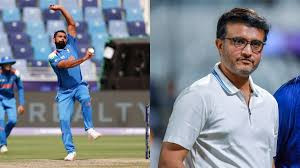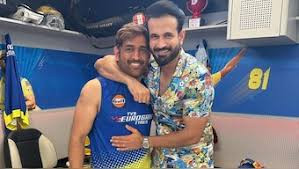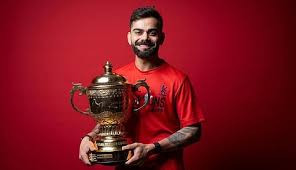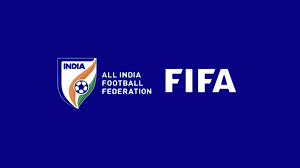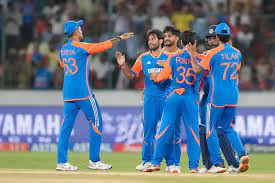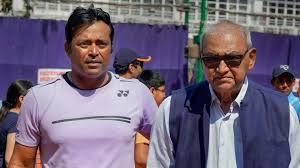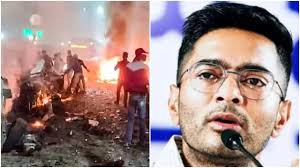FIFA’s Club World Cup Exposed as Cash Grab, Not a High-Stakes Competition

IIE DIGITAL DESK : FIFA’s ambitious expansion of the Club World Cup into a 32‑team, month‑long spectacle in the U.S. has drawn fierce criticism beyond mere sporting circles, with detractors branding it "a glorified post‑season friendly" prioritizing profit, not quality.
The opening encounter—a drab 0–0 draw between Inter Miami and Egypt’s Al Ahly—was overshadowed by rehearsed glitz and star presence, particularly Lionel Messi’s fleeting brilliance. Critics argued that FIFA is using marquee names to distract from subpar matchups and sterile gameplay. As one Indian Express editorial put it, the tournament amounts to little more than a post-season money machine engineered under the guise of competitive football.
Player associations, especially the PFA and FIFPRO, raised alarms. The four-week schedule imposes unbearable strain on athletes who’ve already come through grueling domestic seasons. Former England goalkeeper David James even proposed sending youth squads to the tournament to avoid overplaying first-team stars, calling the entire setup "a joke" fueled by greed. Internal data confirms rising injury rates throughout elite leagues, painting a bleak picture of calendar overload.
The tournament’s economic structure compounds the criticism. FIFA’s qualification formula—based on cumulative continental performance rather than current form—means teams like Juventus and Inter Miami participate despite middling seasons. With participation payouts reaching up to $38 million (for European giants) and as little as $2.4 million (for Oceania’s representatives), the stakes are huge—but so is the discrepancy. Small clubs earn more in a month here than they would in a full domestic season, widening financial inequality and paving the way for a super‑league mentality.
Spectatorship has been inconsistent. U.S. fans were slow to buy into it, prompting FIFA to slash ticket prices and even give away free seats to fill stadiums . Critics likened the event to a “plasticine burger”—entertaining in form, but hollow at its core .
Questions also linger over sporting integrity. Several clubs in the tournament fall under multi‑club ownership, prompting FIFA to impose restrictions on cross‑club influence . Even still, debates persist: can this setup truly crown a “club world champion” when qualification rules allow teams that aren’t current continental champions ?
FIFA maintains that this global showpiece promotes inclusivity and reveals "the true world champion." But with backing from select broadcasters and political figures, it’s clear Infantino’s strategy is to assert FIFA’s dominance over global commercial football . Yet, real match quality, player health, and principles of sporting fairness are taking a back seat.
As the 2026 World Cup looms and player fatigue multiplies, the spotlight on this tournament may dim rapidly. Ultimately, unless FIFA addresses the tournament’s structural flaws—calendar congestion, financial inequality, and visual theatre—it risks leaving football fans with something that looks big, but feels empty.
You might also like!





